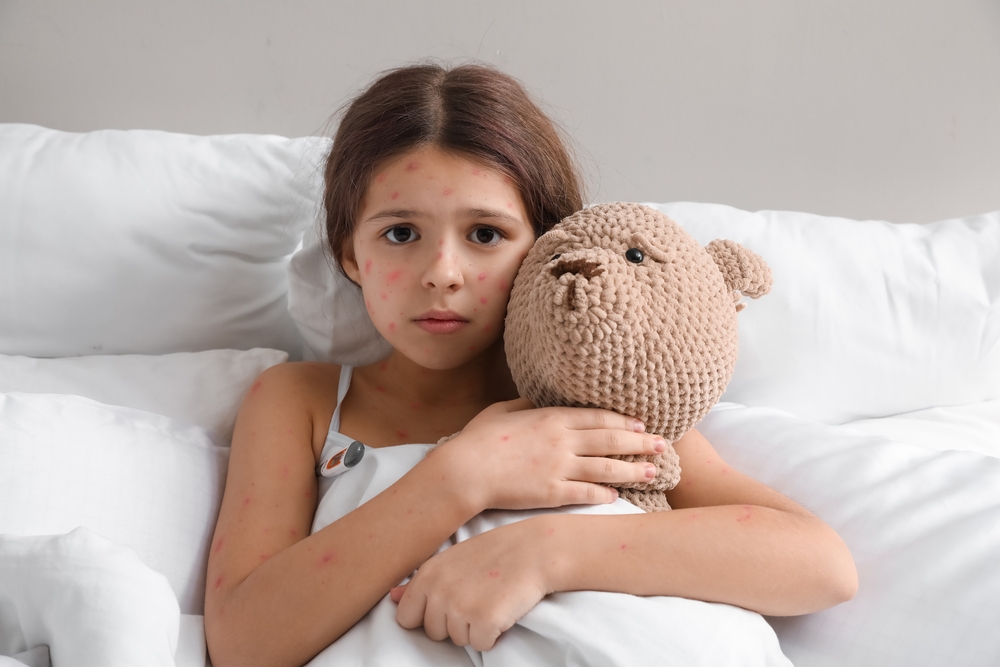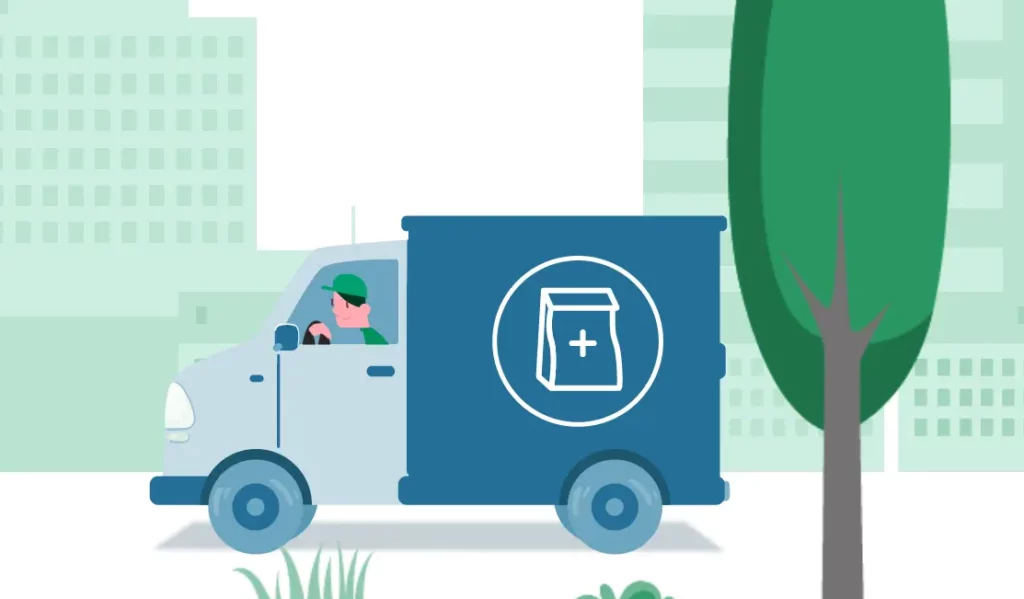Chickenpox, also known as varicella, is a highly contagious viral infection caused by the varicella-zoster virus (VZV). It mainly affects kids, but adults who haven’t had it can get it too. The main sign is a rash that turns into itchy blisters, which then crust over and heal in about one to two weeks.
It spreads easily through coughing, sneezing, or direct contact with the fluid that oozes from the blisters. While it’s usually not serious for healthy kids, it can cause complications in newborns, pregnant women, and people with weak immune systems.
It was incredibly common, with most children getting it at some point, but thanks to the vaccine it’s now seen much less regularly. The vaccine consists of two doses and gives children about 98% protection against the virus, while adults are 75% protected.
How many times can you get chickenpox?
Usually, chickenpox is a one-time thing. Once you’ve had it, your body learns how to fight off the virus that causes it. This means you’re unlikely to get chickenpox again in your lifetime.
However, in rare cases, some people might get chickenpox more than once. This could happen if their first bout was very mild or if their immune system didn’t build strong protection against the virus. People with weakened immune systems might also be at risk of getting chickenpox again.
Although it’s uncommon to get chickenpox twice, the possibility of shingles later in life is something to be aware of. The virus responsible for chickenpox can stay dormant in your body for years, and reactivate as shingles – a painful rash that usually occurs on one side of the body.
Frequently asked questions about chickenpox
What happens if a pregnant woman is exposed to chickenpox?
Exposure to chickenpox during pregnancy can be serious, increasing the risk of complications for both the mother and the baby, including birth defects and pneumonia. Immediate medical evaluation is crucial for pregnant women exposed to chickenpox.
How quickly do chickenpox spots appear?
Chickenpox spots typically appear 10 to 21 days after exposure to the virus.
What happens if you don't get chickenpox as a kid?
If you don’t get chickenpox as a child, you can still get it later in life. However, the infection can be more severe in adults and may lead to complications.


